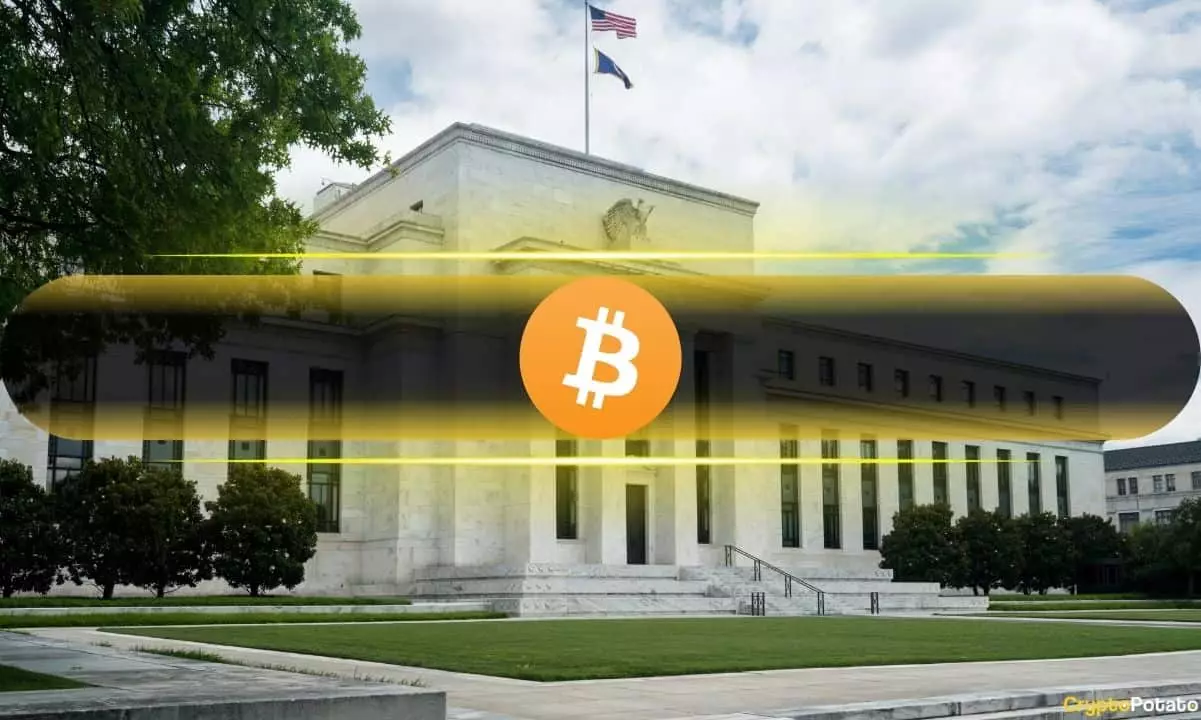A recent survey conducted by ConsenSys in partnership with HarrisX reveals an interesting trend among U.S. voters: nearly half of them (49%) now consider a candidate’s pro-crypto stance as an important factor in their voting decisions. This statistic is significant, highlighting an evolution in political sentiments as cryptocurrency continues to infiltrate mainstream discussions. Perhaps more striking is that 62% of voters expressed a willingness to vote outside their preferred political party for candidates advocating for pro-cryptocurrency policies. This openness to cross-party support suggests that cryptocurrency has transformed from a niche interest to a pivotal issue capable of swaying election outcomes.
As politicians prepare for upcoming electoral contests, recognizing this growing trend could provide them with a formidable edge. The survey’s findings underline the urgency for candidates to articulate clear positions regarding cryptocurrency, especially amongst a populace that is increasingly engaged in financial innovations. A staggering 85% of respondents expect presidential candidates to adopt transparent and clearly defined cryptocurrency policies, indicating that smart politicians should seize this opportunity to resonate with voters.
While the enthusiasm for cryptocurrency is evident, so too are the apprehensions regarding its regulatory environment. Almost half of the voters (44%) evaluated the Biden administration’s efforts as insufficient, expressing concern about the lack of industry support. In an era characterized by rapid technological advancement, the gap between public interest in cryptocurrency and the government’s regulatory framework creates a palpable sense of uncertainty. A robust 78% indicated they would back political figures who prioritize user protections against crypto-related fraud. This desire for protection not only reflects the growing complexity of the crypto landscape but also demonstrates a collective yearning for guidance in navigating it.
Joe Lubin, CEO of ConsenSys and a co-founder of Ethereum, emphasized the need for regulatory clarity, dismissing the notion that the crypto sector is opposed to regulation. Lubin’s perspective underscores a critical point: the demand for thoughtful regulation comes from a desire to stabilize the market and protect users, rather than a rejection of regulatory oversight altogether. If politicians tap into this sentiment, they could potentially unlock a previously unexplored voting bloc that prioritizes informed governance over ideological purity.
The study critically sheds light on a lack of public understanding regarding who effectively oversees cryptocurrency regulation in the U.S. An alarming 15% of respondents correctly identified the Securities and Exchange Commission (SEC) as the primary regulatory body, while only 4% recognized the Commodity Futures Trading Commission (CFTC). The confusion surrounding regulatory responsibilities indicates that public knowledge is lagging behind industry developments, which may discourage participation in the crypto space.
Interestingly, even though the current understanding of the regulatory landscape is murky, a majority of respondents (70%) believe that the SEC possesses adequate expertise to craft effective crypto policies, with 67% extending similar confidence to the CFTC. The discrepancy between recognizing the regulators and understanding their roles reveals a chasm that policymakers must bridge to gain public trust and facilitate a more informed dialogue about cryptocurrency.
The survey also delves into the perceived comprehension of cryptocurrency among contemporary politicians. Former President Donald Trump emerged as the candidate considered most knowledgeable, with 53% of respondents believing he understands the sector well enough to formulate appropriate policies. This contrasts sharply with current President Joe Biden, who garnered just 36% approval in this regard. Surprisingly, Vice President Kamala Harris wasn’t far behind with 41%, yet none of the figures are particularly encouraging for any current political figure hoping to portray competence in this vital area.
As voters emphasize the importance of clear regulations and protective measures to fend off fraud, the pressure on public officials to strengthen regulatory frameworks is undeniable. The call for transparency and clarity is a bipartisan issue that resonates across the political spectrum. Consequently, candidates who embrace this dialogue may capture not only crypto enthusiasts but also a wider audience wary of risks in a rapidly evolved financial landscape.
The results of the ConsenSys and HarrisX survey illuminate a critical turning point in U.S. political dynamics, where cryptocurrency policies could dictate electoral success. As voters demand clarity and protection in this burgeoning field, the urge for informed and engaged political leadership has never been more pressing. The question remains: which candidates will pivot towards establishing constructive policies that satisfy the electorate’s growing expectations?

